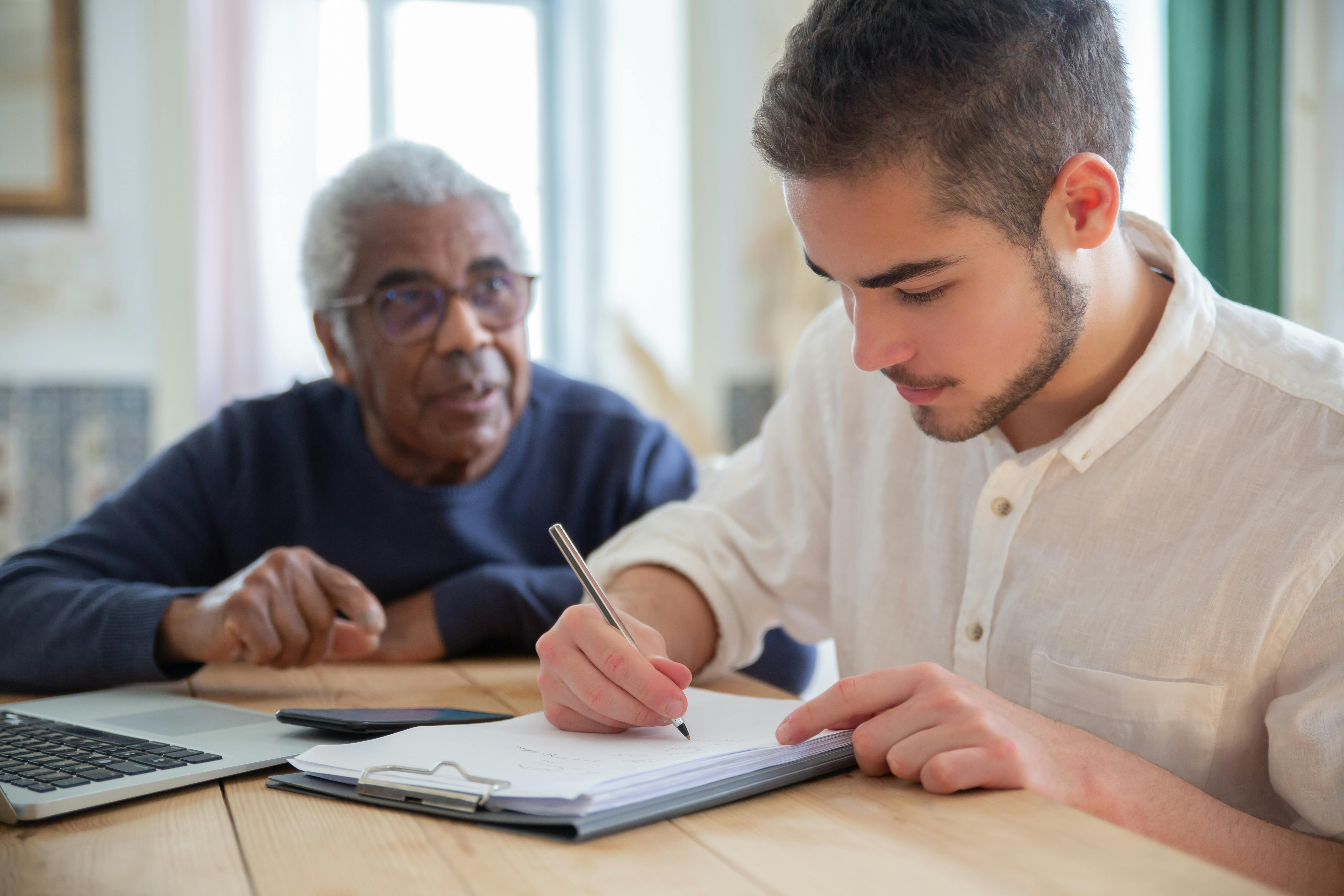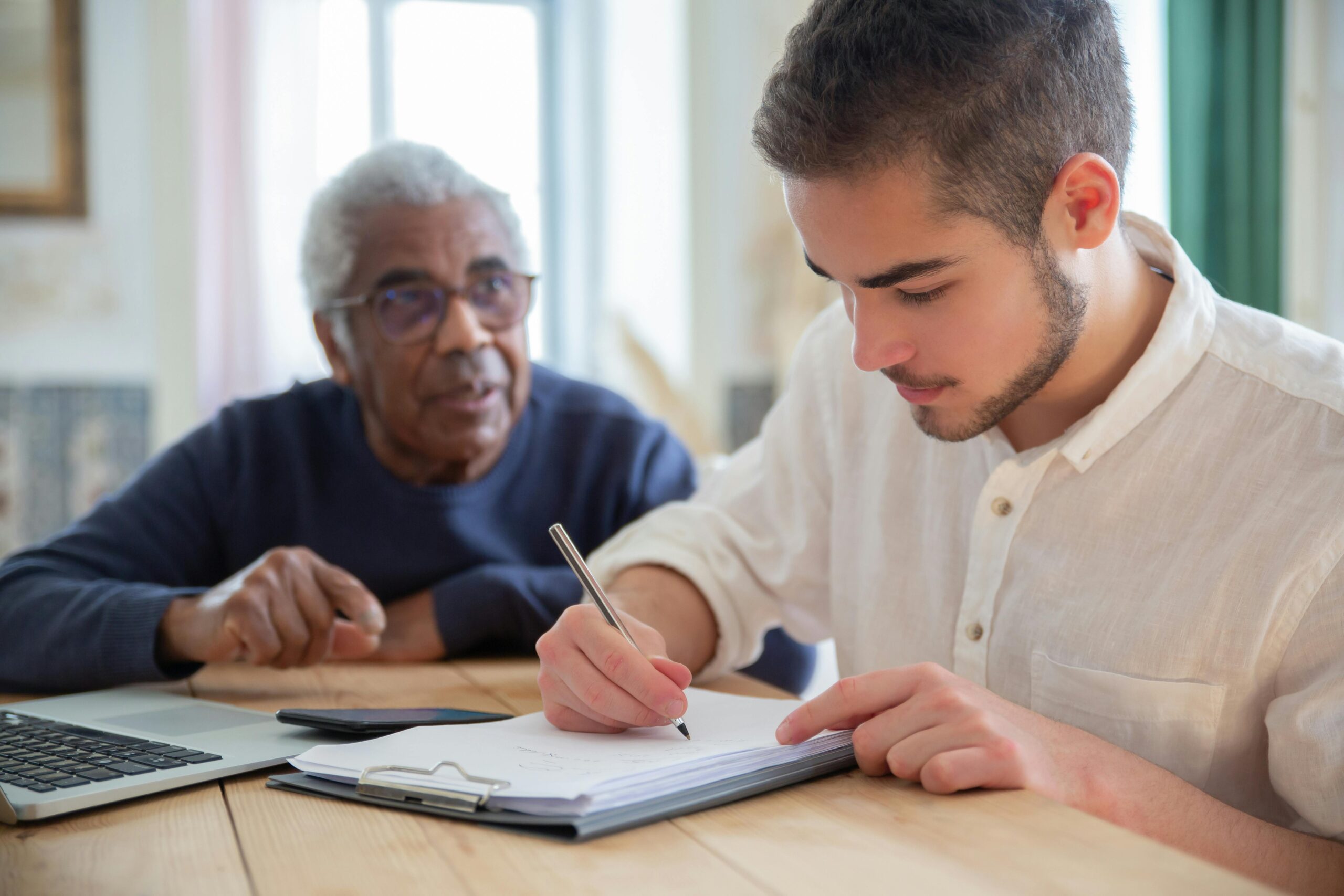How to Become a Mental Health Volunteer in Baytown
Volunteering in mental health services is an impactful way to support individuals struggling with mental illness. Becoming a mental health volunteer in Baytown offers you the opportunity to make a difference in your community while gaining valuable experience. This article will walk you through the steps, requirements, and resources available to start your journey as a mental health volunteer.

Understanding the Fundamentals
Mental health volunteers are essential in providing support, compassion, and resources to individuals in need. Their role can vary from providing peer support to assisting with mental health education programs or crisis intervention services. As mental health awareness grows, volunteers have become a crucial part of offering accessible care to those in need. Whether you’re looking to support someone or gain professional experience, becoming a volunteer is a rewarding path.
In Baytown, mental health volunteering allows you to engage with a diverse community and help address the mental health challenges faced by many individuals. The knowledge and empathy you can offer have an incredible impact. But first, it is essential to understand the fundamental roles and expectations of a mental health volunteer.
1.1 The Role of a Mental Health Volunteer
A mental health volunteer provides various services, including supporting people dealing with emotional distress, helping them access appropriate mental health resources, and educating the public on mental health issues. Volunteers may work in different settings such as hospitals, non-profit organizations, or community health programs. Their primary goal is to provide comfort, education, and sometimes, emotional support to those affected by mental health disorders.
Recent studies show that mental health volunteers play a vital role in addressing mental health stigma and providing the first step towards care. For example, according to a 2023 report by the National Alliance on Mental Illness (NAMI), 80% of individuals who received mental health support through volunteering programs reported feeling more supported in their recovery journey.
1.2 Why Mental Health Volunteers Matter
Many individuals with mental health issues often face barriers such as social stigma, lack of resources, and fear of seeking help. Mental health volunteers can bridge these gaps by offering support, compassion, and guidance. They help reduce the stigma around mental health and create a safe space for individuals to share their experiences.
Being a volunteer allows you to directly affect the mental wellness of individuals. Your presence can encourage someone to seek professional help, thereby contributing to improved mental health outcomes in the community.
Practical Implementation Guide
Once you understand the fundamentals of mental health volunteering, the next step is putting this knowledge into practice. To become a volunteer in Baytown, there are several steps you’ll need to follow. This guide will outline these steps and provide you with practical advice to get started.

2.1 Actionable Steps
- Step 1: Research Available Volunteer Opportunities: Begin by researching local organizations and non-profits that offer mental health services in Baytown. Look for mental health centers, hospitals, or community-based initiatives that need volunteers.
- Step 2: Meet the Requirements: Many volunteer positions require a background check, proof of education (high school diploma or higher), and sometimes mental health training. Be prepared to submit these documents.
- Step 3: Apply and Attend Orientation: Once you’ve identified the right volunteer opportunity, submit your application. Most organizations offer orientation sessions where they provide training and resources to prepare you for the role.
2.2 Overcoming Challenges
Like any volunteer position, mental health volunteering may present challenges. Below are a few obstacles you may face and ways to overcome them:
- Emotional Burnout: Mental health volunteering can be emotionally taxing. Take breaks, seek support from peers, and set boundaries to avoid burnout.
- Handling Crisis Situations: While volunteering, you may encounter people in severe emotional distress. Make sure you’re trained in crisis management and always follow the organization’s procedures for handling emergencies.
- Stigma and Misunderstanding: You might face stigma related to mental health issues. Be prepared to educate others and advocate for mental health awareness in your community.
Advanced Applications
After gaining initial experience as a mental health volunteer, you may want to explore more advanced volunteer opportunities. These roles often come with additional responsibilities, such as offering specialized support or managing mental health education initiatives.

3.1 Specialized Volunteer Roles
Once you gain experience, you might qualify for more specialized volunteer roles, such as being a peer counselor, assisting in group therapy sessions, or coordinating mental health workshops. These roles typically require additional training or certifications, but they allow you to deepen your impact within the community.
For example, becoming a peer counselor involves providing emotional support and guidance based on shared experiences. It’s a rewarding role but requires empathy, active listening skills, and a basic understanding of mental health issues.
3.2 Collaboration with Mental Health Professionals
Advanced volunteers may also collaborate with mental health professionals, such as psychologists or counselors, to enhance their work. This collaboration can involve supporting therapeutic activities or assisting in the facilitation of mental health programs. Volunteers in these roles gain valuable professional experience and may even work towards pursuing a career in mental health.
Future Outlook
The future of mental health volunteering in Baytown looks promising, with an increasing emphasis on mental health awareness and accessible care. As the stigma surrounding mental illness continues to decrease, more people will turn to volunteers for support. The demand for volunteers will likely rise, especially in communities where mental health services are limited or underfunded.
To prepare for these changes, aspiring volunteers should focus on acquiring relevant skills and certifications. Staying updated on mental health trends and advocating for mental health services will also help contribute to the community’s well-being in the long term.
Conclusion
Becoming a mental health volunteer in Baytown offers both personal growth and an opportunity to make a significant difference in your community. By understanding the fundamental principles, taking actionable steps, and progressing to advanced roles, you can become a valuable asset to mental health services. The work you do as a volunteer has the potential to improve lives and promote mental health awareness in Baytown.
If you’re ready to take the next step, start by researching volunteer opportunities in your area today. The community is waiting for people like you to make a positive impact.
Frequently Asked Questions
- Q: What are the basic requirements to become a mental health volunteer in Baytown? Volunteers typically need to be at least 18 years old, undergo a background check, and may need to complete specific training programs or certifications.
- Q: How can I get started as a mental health volunteer? Start by researching local mental health organizations, applying for available volunteer positions, and attending orientation sessions to prepare.
- Q: How much time will I need to invest as a mental health volunteer? The time commitment varies by organization, but many volunteer roles require at least a few hours per week. Flexible opportunities are often available.
- Q: Are there any costs associated with becoming a mental health volunteer? Some organizations may charge for training or certification programs, but most volunteer opportunities are free to join.
- Q: How do mental health volunteer roles compare to paid positions? Volunteer positions are unpaid but offer valuable experience and the chance to make a direct impact. Paid positions require more qualifications and professional training.
- Q: What skills do I need to become a mental health volunteer? Volunteers should have strong communication skills, empathy, active listening abilities, and a passion for helping others. Basic mental health training is also beneficial.
- Q: Can mental health volunteers work in professional settings? Yes, experienced volunteers may collaborate with mental health professionals in various settings, including clinics, hospitals, and schools.
